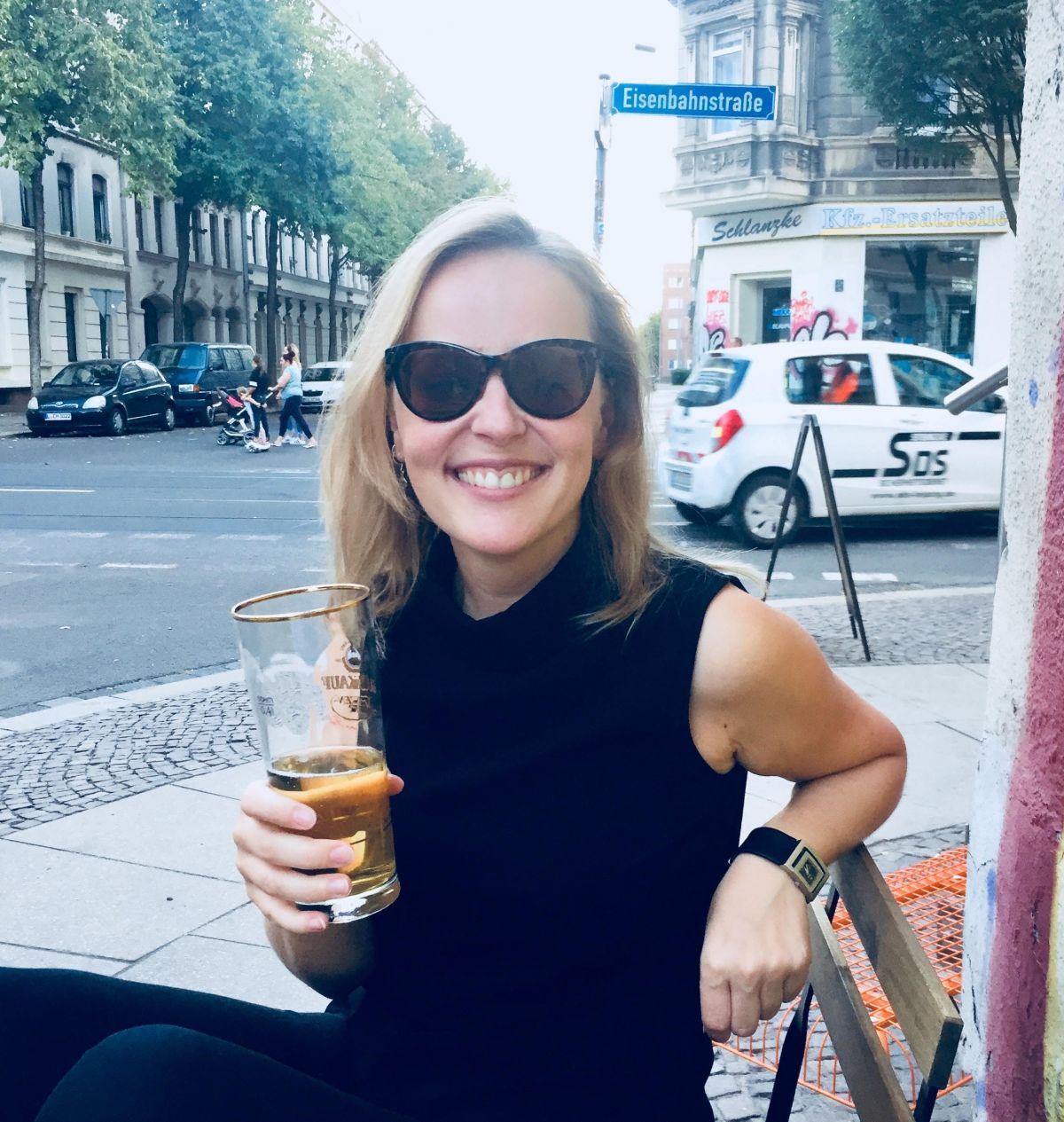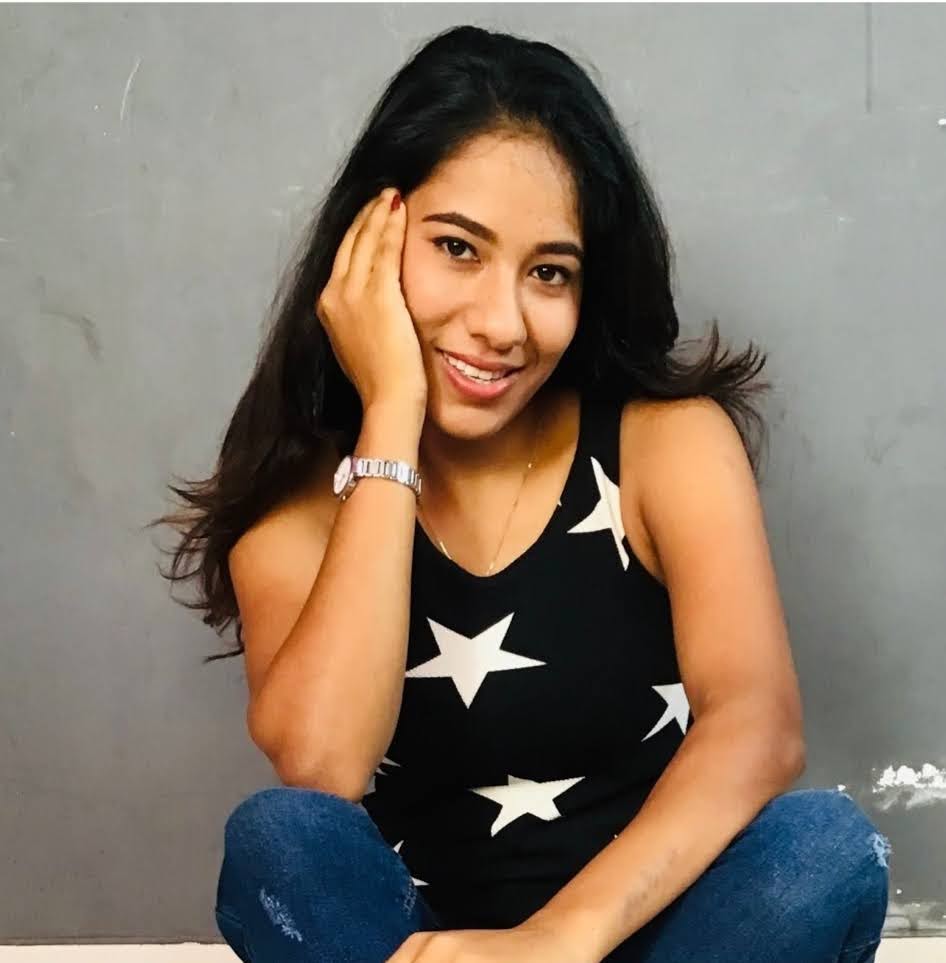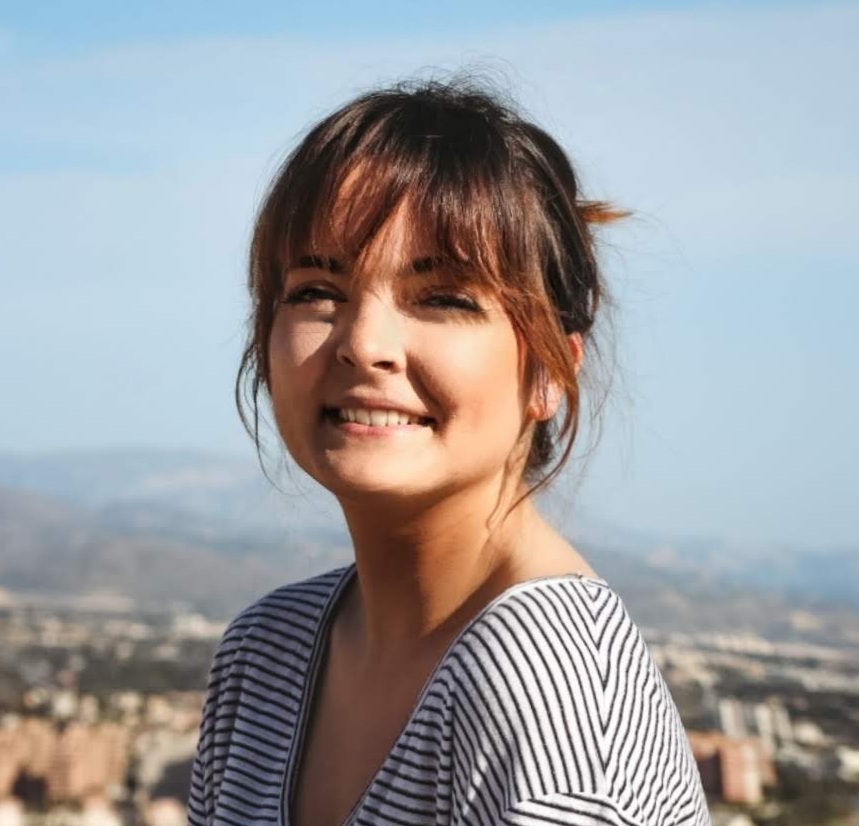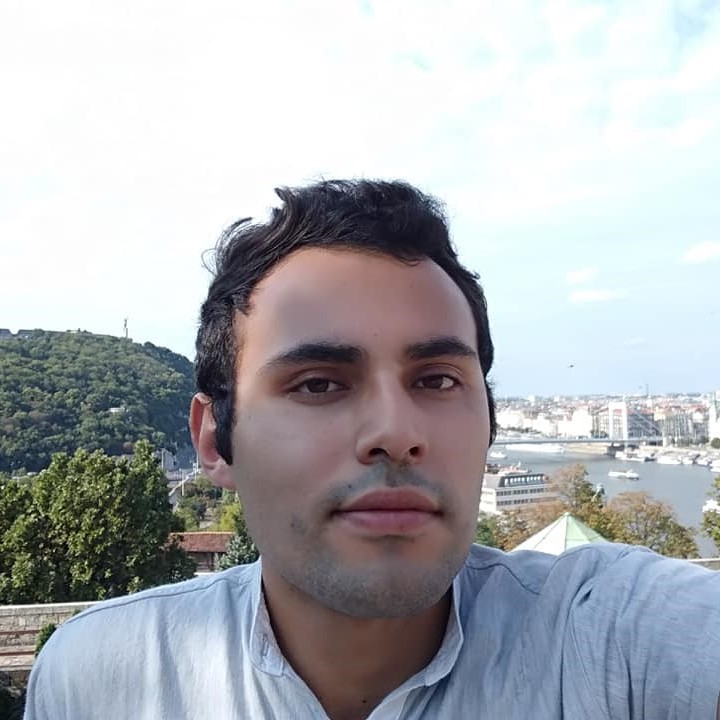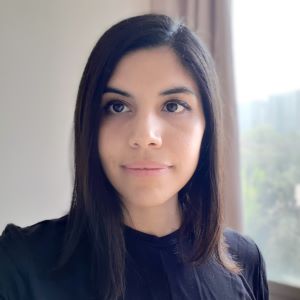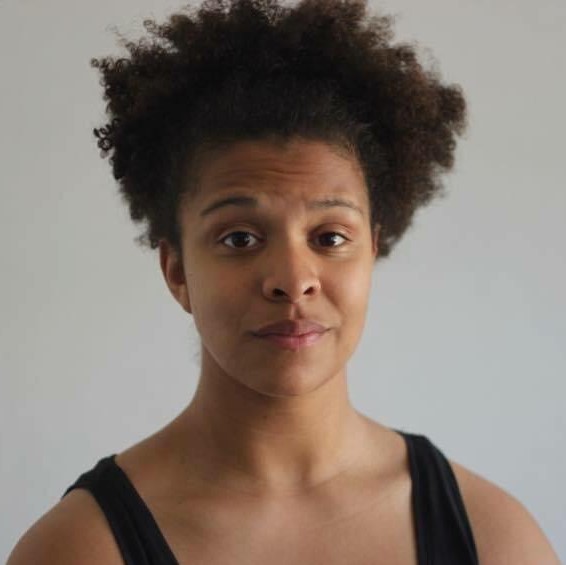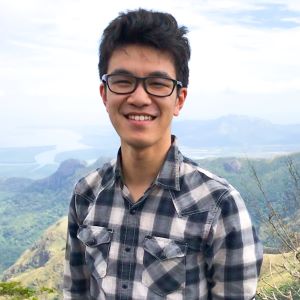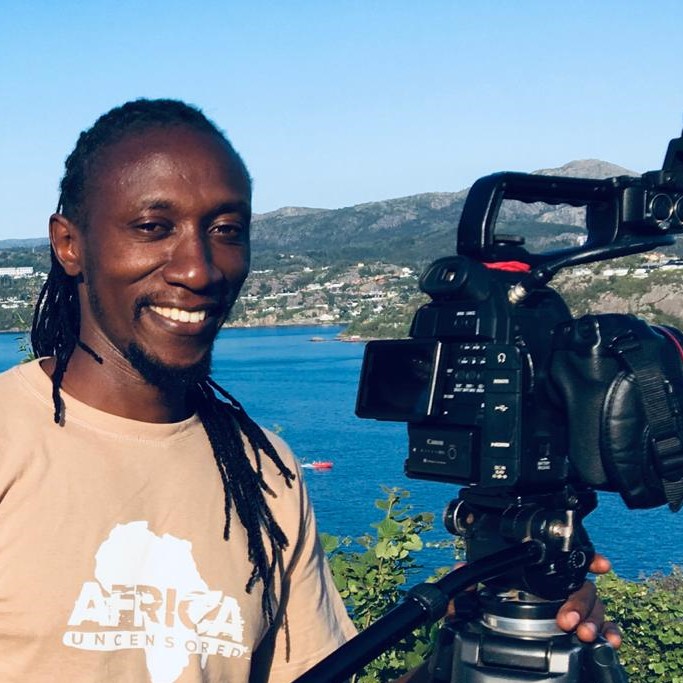La storia di due paesi: Seconda parte
Le differenze percepite tra Germania dell’est e Germania dell’ovest non derivano solamente dalla separazione dopo la Seconda guerra mondiale, ma anche dagli eventi dopo l’unificazione. Nonostante l’unità sia un lodevole traguardo, accettare le differenze porterebbe eventualmente ad un livello superiore.
Germany, Western Europe
Story by Janina Cymborski. Translated by Giovanna Luisetto
Published on July 12, 2022.
This story is also available in 






Il 3 ottobre è festa nazionale in Germania, la data della Ri-Unificazione nel 1990. Invece, molti tedeschi dell’est commemorano gli eventi dell’autunno del 1989. A Lipsia, festeggiamo il 9 Ottobre del 1989, quando 70,000 persone dimostrarono pacificamente per un paese libero, temendo di dover affrontare lo stesso destino dei propri compagni in piazza Tienanmen in Cina. Cecchini erano ovunque sopra i tetti, controllando, aspettando l’ordine di sparare. Ma quell’ordine non arrivò mai. Le preoccupazioni che la mia famiglia ed altri ebbero guardando quelle dimostrazioni erano reali.
Essendo nata a Lipsia e vivendo ancora lì, partecipo alle celebrazioni del 9 ottobre, camminando per la città con centinaia di altre persone, tenendo in mano candele, ascoltando da altoparlanti slogan della gente dal 1989. Con le lacrime agli occhi, guardo il video di apertura dei confini di Berlino del 9 Novembre, 1989 — un mese dopo la dimostrazione di Lipsia. Mi sorprendo delle espressioni sulle facce delle persone libere. Come ci si deve sentire ad essere finalmente liberi dopo essere stati confinati per una vita intera? Penso alla mia famiglia e alla vita che hanno dovuto vivere, la vita che ero destinata a vivere senza l’eroismo di queste persone. Dopo il 1989, io e la mia famiglia potevamo lasciare il paese ed essere parte di un nuovo mondo libero con nuova consapevolezza e opinioni.
Ma ciò non significa che devo automaticamente sottostare ad un nuovo ordine sociale. L’importanza di mettere in discussione l’ordine esistente è la lezione più importante che ho imparato dalla rivoluzione del 1989. È esattamente perché non sono nata in un paese libero che per me libertà è l’opposto dell’osservanza. Libertà è trovare le mie risposte alle domande più importanti: chi sono, chi voglio diventare e che tipo di vita voglio vivere? Ciò che separa gli Ossi dai Wessi è la visione che nessun ordinamento sociale è scolpito nella pietra e pertanto può essere cambiato (come mostra il mio certificato di nascita, emesso da un paese che non esiste più).
Oggi la mia famiglia è ancora disoccupata e i soldi sono ancora un problema. La RDT fa ancora parte delle nostre vite, non solo dei nostri ricordi. L’avere vissuto in due sistemi ha insegnato ai miei genitori la strada più difficile. La loro bontà è stata sfruttata molte volte. Siamo dovuti ripartire da zero in un mondo in rovina. Vedo che I miei genitori rimpiangono il senso di appartenenza che hanno perso e che io non ho mai avuto. Nella Germania dell’est, facevano parte di una comunità di persone che stavano sulla loro stessa barca. A dirla tutta, la comunità della RDT era spesso coercitiva, caratterizzata da una dipendenza reciproca: ”Lavoro nell’amministrazione, se ti aiuto a trovare un appartamento, puoi farmi avere una bicicletta per mio figlio?” la comunità era necessaria per sopravvivere, per sostenere la famiglia, per gestire la crisi onni-presente. Era andare d’accordo, non andare oltre. Ma la mia necessità è la cooperazione con gli altri, perché sei sempre con gli altri. Nel 1990, abbiamo perso aiuto e collaborazione, a favore di ricchezza e profitto alle spese altrui. L’unificazione era una benedizione e una maledizione. Molto è stato vinto, forse più di quello che avessi mai potuto immaginare. Ma credo che una certa umanità sia andata persa – l’unica cosa che conta veramente in circostanze estreme.
Leggi qui la prima parte della storia di Janina.
How does this story make you feel?
Follow-up
Do you have any questions after reading this story? Do you want to follow-up on what you've just read? Get in touch with our team to learn more! Send an email to [email protected].
Talk about this Story
Please enable cookies to view the comments powered by Disqus.
Subscribe to our Monthly Newsletter
Stay up to date with new stories on Correspondents of the World by subscribing to our monthly newsletter:
Other Stories in Italiano
Explore other Topics
Get involved
At Correspondents of the World, we want to contribute to a better understanding of one another in a world that seems to get smaller by the day - but somehow neglects to bring people closer together as well. We think that one of the most frequent reasons for misunderstanding and unnecessarily heated debates is that we don't really understand how each of us is affected differently by global issues.
Our aim is to change that with every personal story we share.
Community Worldwide
Correspondents of the World is not just this website, but also a great community of people from all over the world. While face-to-face meetings are difficult at the moment, our Facebook Community Group is THE place to be to meet other people invested in Correspondents of the World. We are currently running a series of online-tea talks to get to know each other better.











